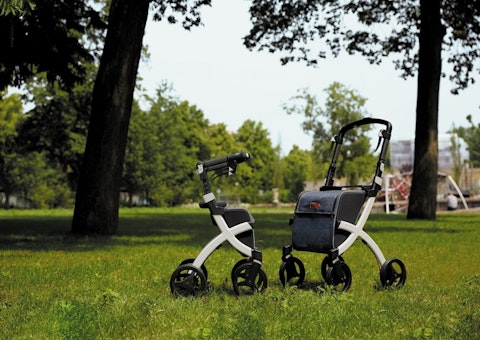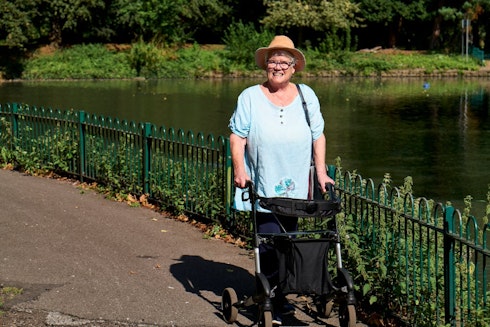
27 Mar 2025
For Help and Advice call: 01524 888453
Our blog19 Feb 2025
Cooking can be a fulfilling and rewarding experience, but for those with limited mobility, it can also present challenges. With the right tools, simple adjustments, and smart planning, meal preparation can remain safe, efficient, and enjoyable. Here are practical tips to help you cook with confidence.
A well-organised kitchen is vital to reducing strain and improving efficiency. Keep frequently used utensils, ingredients, and appliances within simple reach to avoid excessive bending or stretching. Open shelving and wall-mounted storage solutions make pots and pans more accessible, while a well-lit workspace enhances visibility and safety. If standing for long periods is difficult, consider lowering countertops or using a height-adjustable stool.
Using the right kitchen tools can make meal prep significantly easier. Consider investing in:
Cooking doesn’t have to be physically demanding. Simplify meal prep with these techniques:
Planning meals in advance can make cooking more manageable. A weekly meal plan helps streamline grocery shopping and ensures you always have the right ingredients on hand. Pre-cut vegetables, ready-made sauces, and frozen meal portions can further reduce prep time without compromising nutrition.
A well-designed kitchen setup enhances both comfort and safety. If prolonged standing is difficult, use a supportive stool or chair while preparing food. Ensure the space is well-lit to improve visibility, and install non-slip mats to prevent falls. Keeping pathways clear of obstacles will further reduce the risk of accidents.
Cooking should be enjoyable, not stressful. If certain tasks feel overwhelming, don’t hesitate to ask for help. Cooking with a friend or family member can make meal prep more social and manageable. If mobility issues are becoming more challenging, an occupational therapist can recommend tools and techniques tailored to your needs.
Cooking with limited mobility doesn’t mean giving up independence. By making small adjustments, using adaptive tools, and planning meals ahead, you can continue to enjoy preparing delicious food safely and efficiently. Need help making your kitchen more accessible? Contact us today for expert advice.
27 Mar 2025
17 Mar 2025
12 Mar 2025

